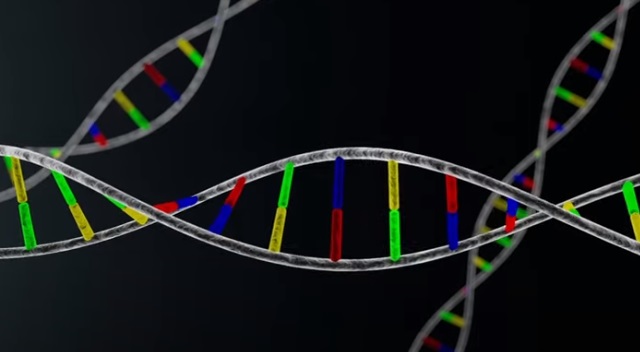Verve Therapeutics reported on Sunday that the first ten recipients of a one-time treatment utilizing base editing, a type of CRISPR, had lower levels of bad cholesterol.
These are early results, but they suggest that gene-editing therapies may one day help those who have a hereditary form of cardiovascular disease.
Following treatment with possibly therapeutic doses of the Verve medication, VERVE-101, LDL-C levels were reduced in 39%, 48%, and 55% of study participants, accordingly.
For six months, the latter patient’s reduction in so-called “bad” cholesterol was sustained.
The findings, presented today at the American Heart Association conference in Philadelphia, are the very first time this CRISPR variant has been injected into humans to treat a disease. The success also serves as a proof of concept for using gene editing to treat a common health issue such as high cholesterol instead of a rare disease.
Verve hopes that its base editor will ultimately find a one-time solution to tens of millions of middle-aged individuals battling to control cholesterol levels with daily medications.
Verve-101 Small Amount of Gene Therapy

Preclinical animal research, according to Verve Therapeutics chief scientist Andrew M. Bellinger, M.D., Ph.D., has revealed that while a small portion of the gene therapy—dubbed VERVE-101 by the company—goes to the spleen and adrenal glands, the great majority ends up where it should, in the liver.
Additionally, he stated that the treatment targets a specific region in liver cell proprotein convertase subtilisin/kexin type 9 (PCSK9) genes, altering a single base pair and consequently rendering the gene inactive.
Positive outcomes of VERVE-101 animal trials were reported earlier this year in Circulation, but the results released today represent the first information available to the general public about the treatment’s effects in humans.
The PCSK9 genes are focused on for gene editing because the PCSK9 proteins which these genes produce are an essential upstream regulator of LDL cholesterol.
According to data provided by Bellinger, VERVE-101 did not significantly affect PCSK9 or LDL cholesterol at lower dosages, but it did show some effect at two higher doses.
LDL was lowered by 55% at 28 days following the infusion at the maximum dose (6 mg per kilogram of the patient’s body weight), and this reduction persisted for 180 days.


Comments are closed.